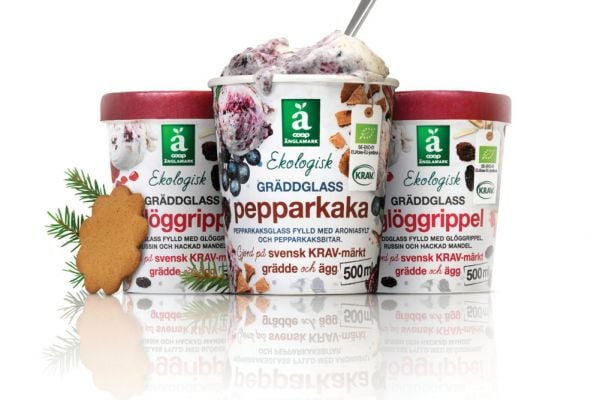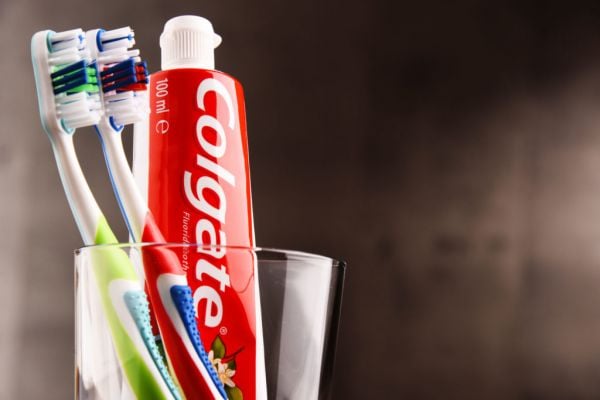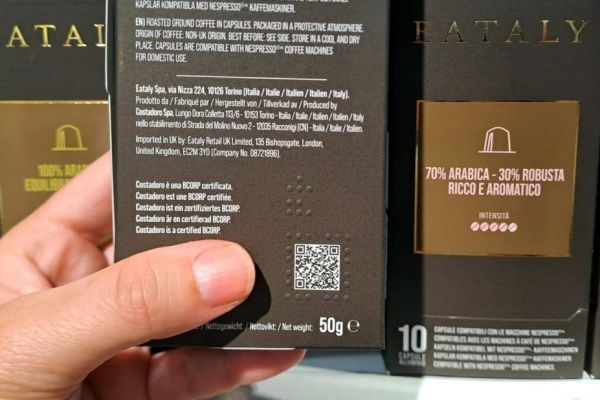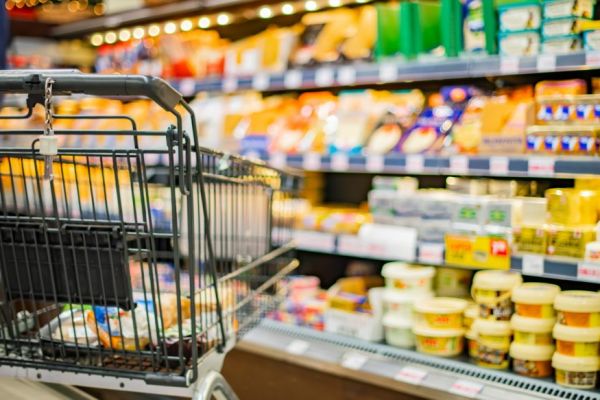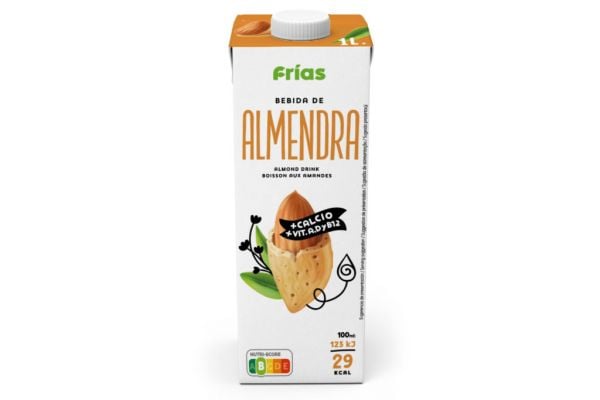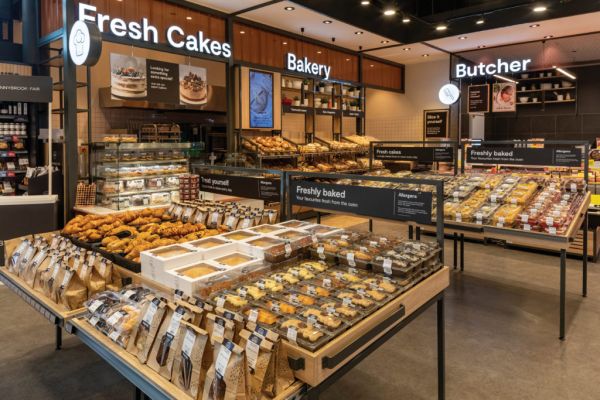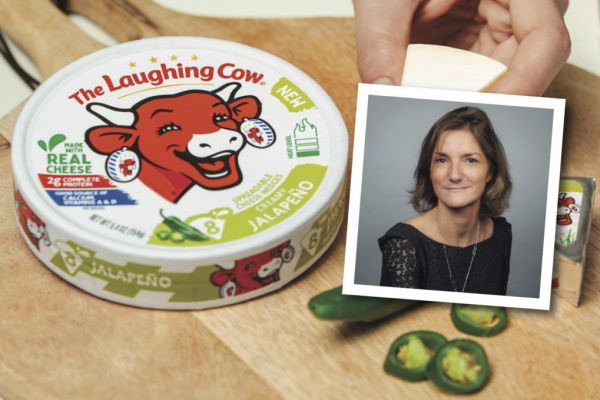As part of our dedicated Private Label Issue, ESM spoke to industry leaders at a number of retailers across Europe about the innovations that they are bringing to the table, and why they believe that private label can be a kingmaker in a changing retail landscape. This article first appeared in ESM May/June 2022.
Fredrik Zenk, Head of Private Label, Coop Sweden
Do you think that consumer preference for private labels increased during the pandemic?
The pandemic accelerated trends that we already saw – in this case, an increased customer demand for food in general and for affordable products, which benefits our private-label products.
For us, private label has long been an area of priority, and our private-label products range from premium to price-fighters, but with high quality across the board. That gave us an edge during the pandemic, and we could see more clearly where different private-label products performed better and where we could tweak our offer.
Given the increased demand for value and low prices, this has obviously been given an increased focus.
The retail sector has had to deal with significant food price inflation in recent months. How have you had to adapt your private-label range to accommodate these cost increases?
Overall, we’ve followed price developments in the market closely, and we have close contact with our suppliers, to ensure that the price adjustments made are reasonable and at a relevant level for our customers. However, this has not really affected private label.
As mentioned before, price has become increasingly important for our customers and members, which has benefitted our private-label offering. Regarding our work going forward with private label, the focus is on our low-price brand, Xtra – especially since we’ve launched a new soft-discount chain in Sweden, with up to 70 new stores opening this year. This will include both new-product developments and launches, to respond to increased demand.
How have you sought to improve the ‘eco’ credentials of your private-label offering?
Sweden differs a bit from other markets. ‘Eco’ used to be very strong in Sweden, but we have seen declining sales the last couple of years. We believe this is due to an increased demand for sustainable products in a holistic sense, as well as the rise of locally grown products.
Last year, we launched a tool called the Sustainability Declaration, which we use in order to create more sustainable private-label products. We also have one of Sweden’s most sustainable brands, Änglamark, which has won awards multiple years in a row. To maintain and develop Änglamark is a great responsibility, seeing that it was a pioneer brand within sustainability.
We always focus on development and offering our customers and members affordable, quality products, regardless of which of our brands it applies to. For us, sustainability is always at the centre. That is especially true when it comes to private label. For example, all our private-label cod products are MSC labelled. During 2021, we launched a private-label canned tuna with full traceability, with the help of blockchain technology.
© 2022 European Supermarket Magazine. Article by Stephen Wynne-Jones. For more Private-Label news, click here. Click subscribe to sign up to ESM: European Supermarket Magazine.
